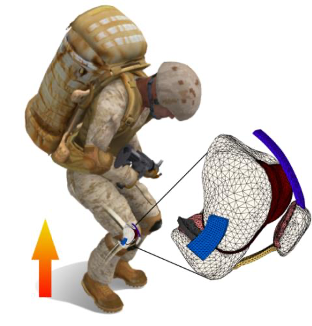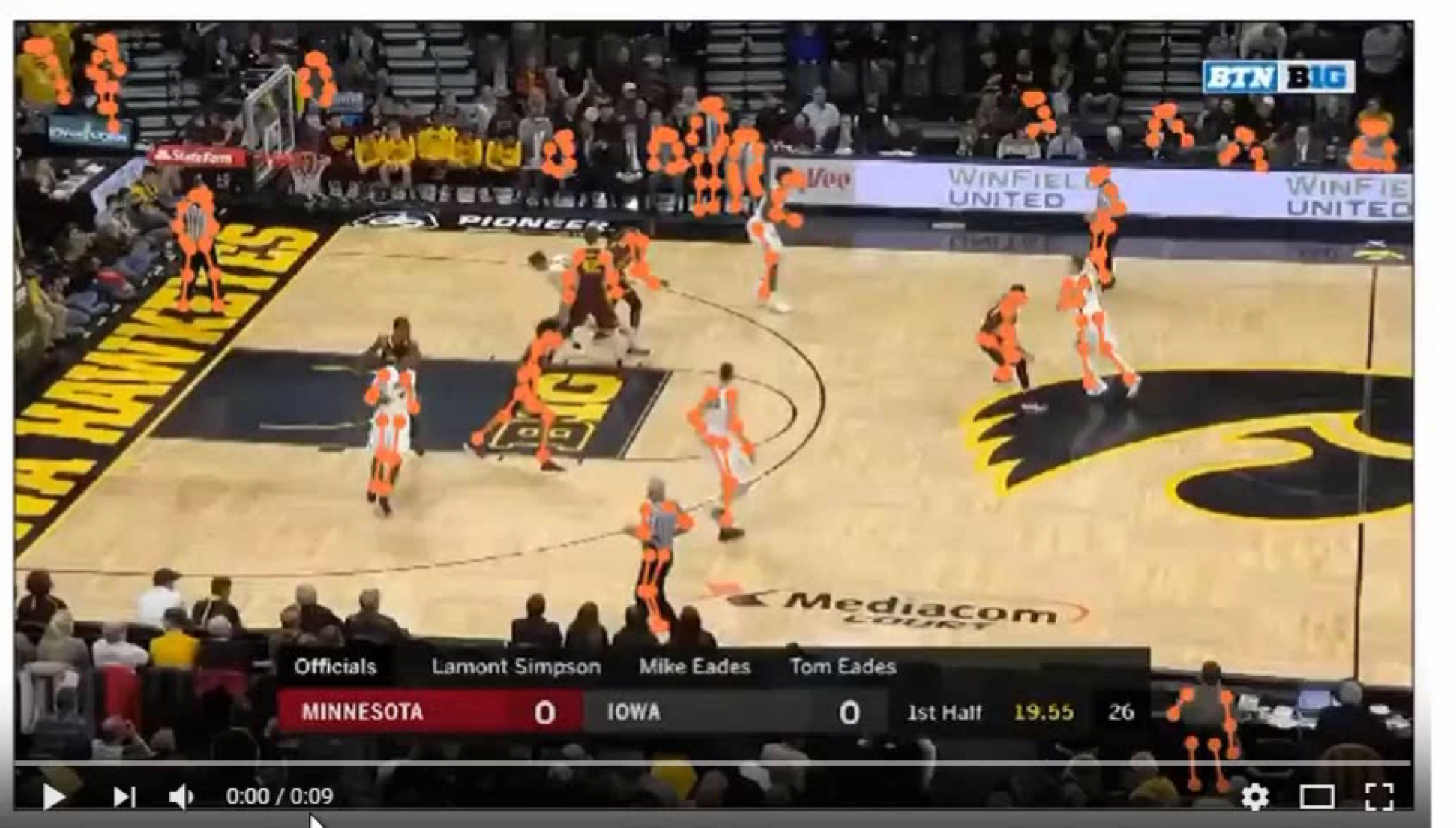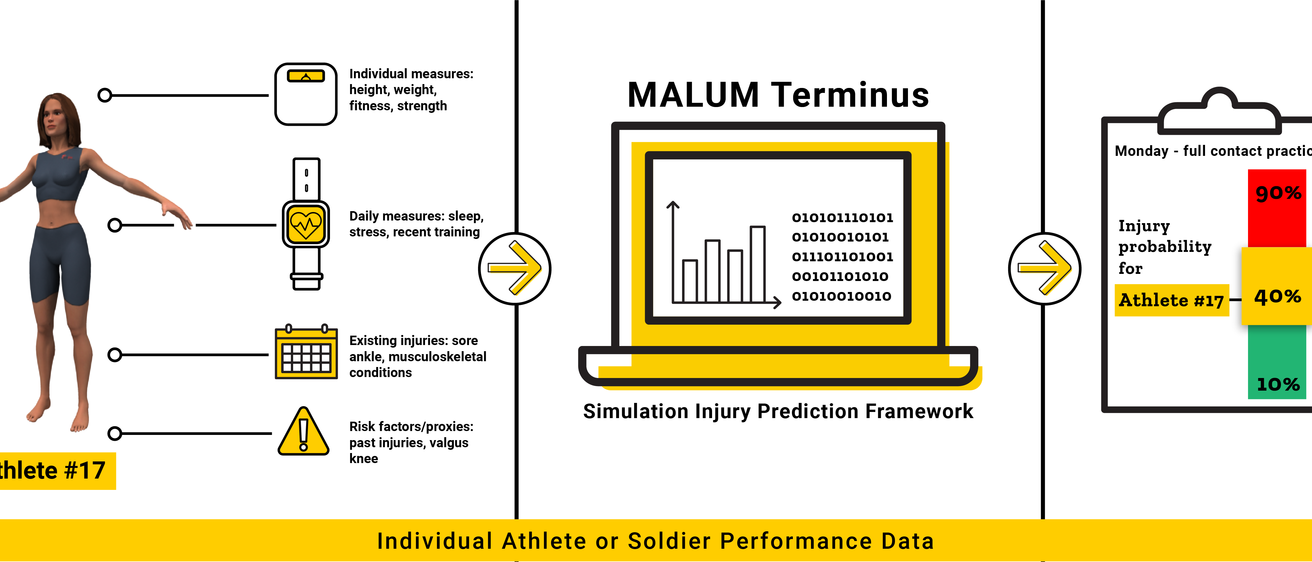How it Works
MALUM Terminus is an artificial intelligence engine that analyzes data input and sensor input to predict injuries. MALUM pairs with the virtual avatar Santos – technology developed by Iowa Technology Institute's Virtual Soldier Research Program – to take in various physical, physiological, and biomechanical parameters. Using data from other commercially available human monitoring systems, MALUM can identify the likelihood of injury risk when put in various high-intensity tasks.
MALUM can be used to promote safety and injury avoidance among soldiers, athletes, and many others. MALUM has been used to predict musculoskeletal injuries in warfighters, which can cost millions of lost duty days and are among the leading medical problems eroding military readiness. It has also been used by University of Iowa athletic teams to track athletes with various sensors, historical data, medical records, and performance records. An artificial intelligence program was developed to learn from the data, identify causality of injury, and predict future injuries. One simulation of actual data from a University of Iowa female athletic team revealed injuries for specific players occurred when sleep, stress, and a specific amount of player load occurred. These quantified parameters indicated a specific ACL injury.


Behind the Research
Karim Abdel-Malek, PhD
Director, Iowa Technology Institute
Director, Virtual Soldier Research Program
Professor, Mechanical Engineering
Email: karim-abdel-malek@uiowa.edu
Phone: (319) 335-5676
Karim Abdel-Malek is professor of mechanical engineering at the University of Iowa. He serves as interim director of the University of Iowa Technology Institute.
An internationally recognized leader in the field of digital human modeling and simulation, he founded and directs the Virtual Soldier Research (VSR) program, which produced the digital human model Santos. Santos is now being used by all branches of the US military and by many industry partners for various research projects and purposes. The VSR team has received international attention and continues to expand into applications in sports, medicine, and manufacturing.
